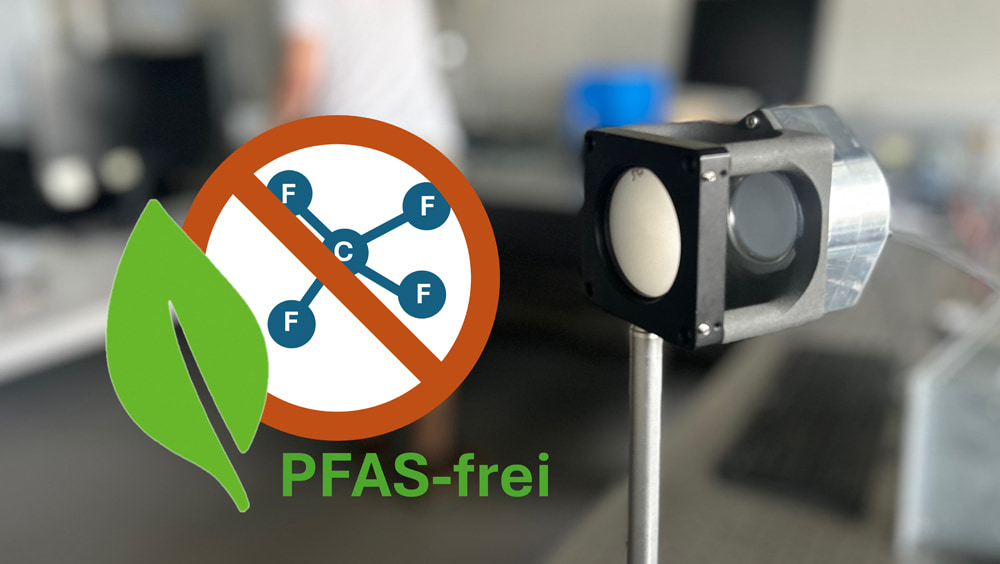PFAS-free future: New research project revolutionises radar sensor technology
The launch of a new research project marks the start of the search for sustainable alternatives to PFAS-containing plastics in the electronics industry. The aim is to develop high-performance, PFAS-free materials for use in radar sensors in the industrial, logistics and automotive sectors. The project brings together stakeholders from the fields of research and industry and makes a significant contribution to environmentally friendly and sustainable electronics production in Germany.

A radar sensor from TriLiTec, which consists of several PFAS-containing materials and is to be optimised using innovative and sustainable materials. (Source: SKZ)
Innovative plastics for high-frequency applications protect people and the environment and strengthen industry
An interdisciplinary consortium of research institutions, medium-sized companies and industry partners has joined forces with the aim of tackling a key challenge facing the electronics industry. Specifically, the aim is to replace per- and polyfluoroalkyl substances (PFAS) in high-frequency applications. Plastics containing PFAS, such as polytetrafluoroethylene (PTFE) or polyvinylidene fluoride (PVDF), are widely used due to their outstanding properties – but at the same time, they are considered harmful to the environment and difficult to degrade. An EU-wide ban on these substances is in the pipeline. ‘The project aims to demonstrate the feasibility of high-performance alternatives and thus make a significant contribution to more sustainable electronics production,’ explains project manager Tobias Göbel, scientist for compounding and extrusion at SKZ.
The project consortium consists of the SKZ Plastics Centre (member of the ZUSE Association), the Brandenburg University of Technology Cottbus-Senftenberg (BTU), the Fraunhofer Institute for Reliability and Microintegration (IZM) and the companies Wefapress Beck + Co. GmbH, TRILITEC GmbH and VEGA Grieshaber KG. The project started in January 2025 and will be carried out over a period of three years at several locations throughout Germany.
The aim of the project is to develop and test PFAS-free plastics for use in radar sensors, which are used in industrial applications such as level measurement, material analysis and autonomous navigation. The aim is to identify new materials, process them and test them in realistic scenarios. To this end, the project partners are investigating various types of plastics with regard to their suitability for high-frequency applications. In addition, their thermal and chemical resistance is being analysed. Initially, the materials are processed using plate presses, after which their suitability for injection moulding is tested.
The materials developed are used in three specific applications in the form of radar sensors and are evaluated in this context:
Use case 1:
Development of a high-precision radar sensor for material analysis in factory automation
Use case 2:
Sensor for level monitoring in industrial tank systems
Use case 3:
Multi-channel radar sensor for collision avoidance in driverless transport systems
‘The results of this project can not only reduce environmental impact, but also open up new markets and strengthen the competitiveness of German industry,’ emphasises Benjamin Littau, TRILITEC's network coordinator.
The newly launched research project EEE202404-2936-041, with the short title ‘PFAS-free radar sensors’, will be funded by the Federal Ministry of Education and Research from 1 January 2025 to 31 December 2027 through the VDI/VDE/IT as part of the German government's 2021-2024 programme for research and innovation ‘Microelectronics. Trustworthy and sustainable. For Germany and Europe.’ by the Federal Ministry of Education and Research. SKZ would like to express its gratitude for the financial support.


